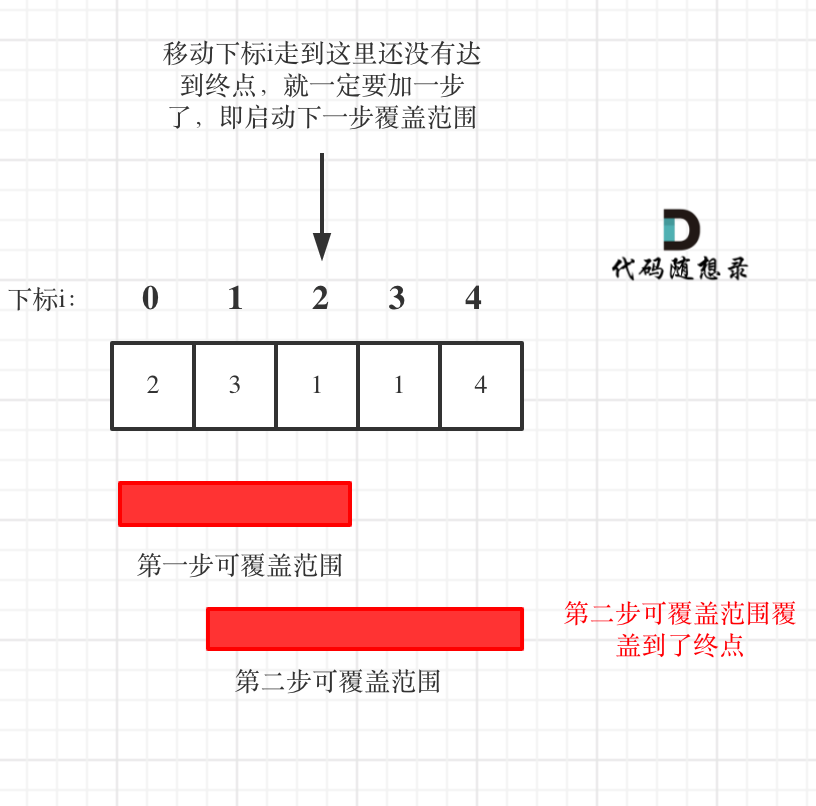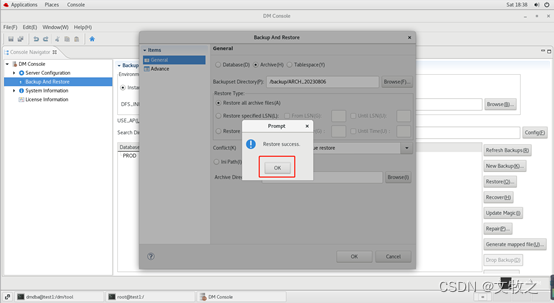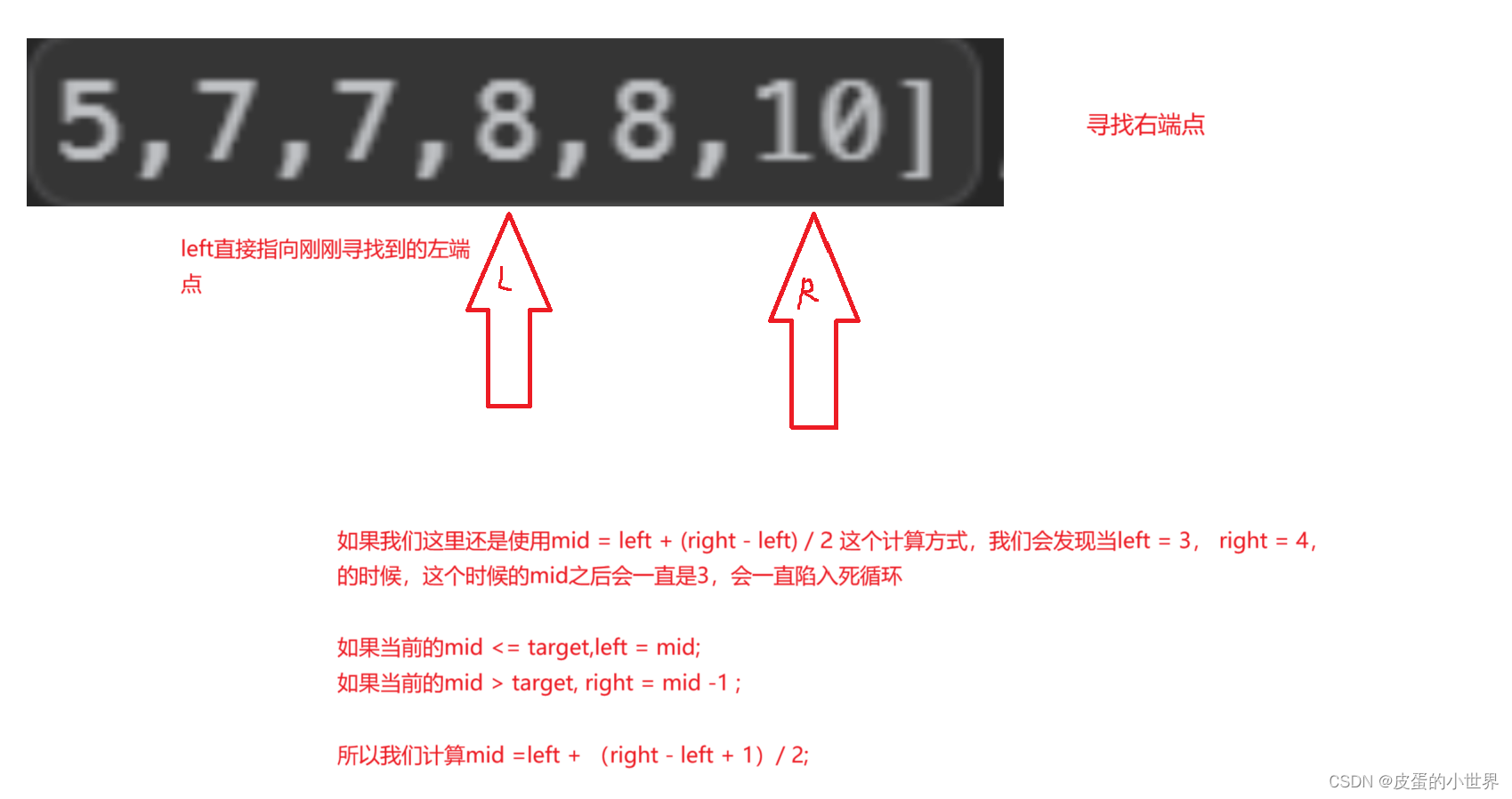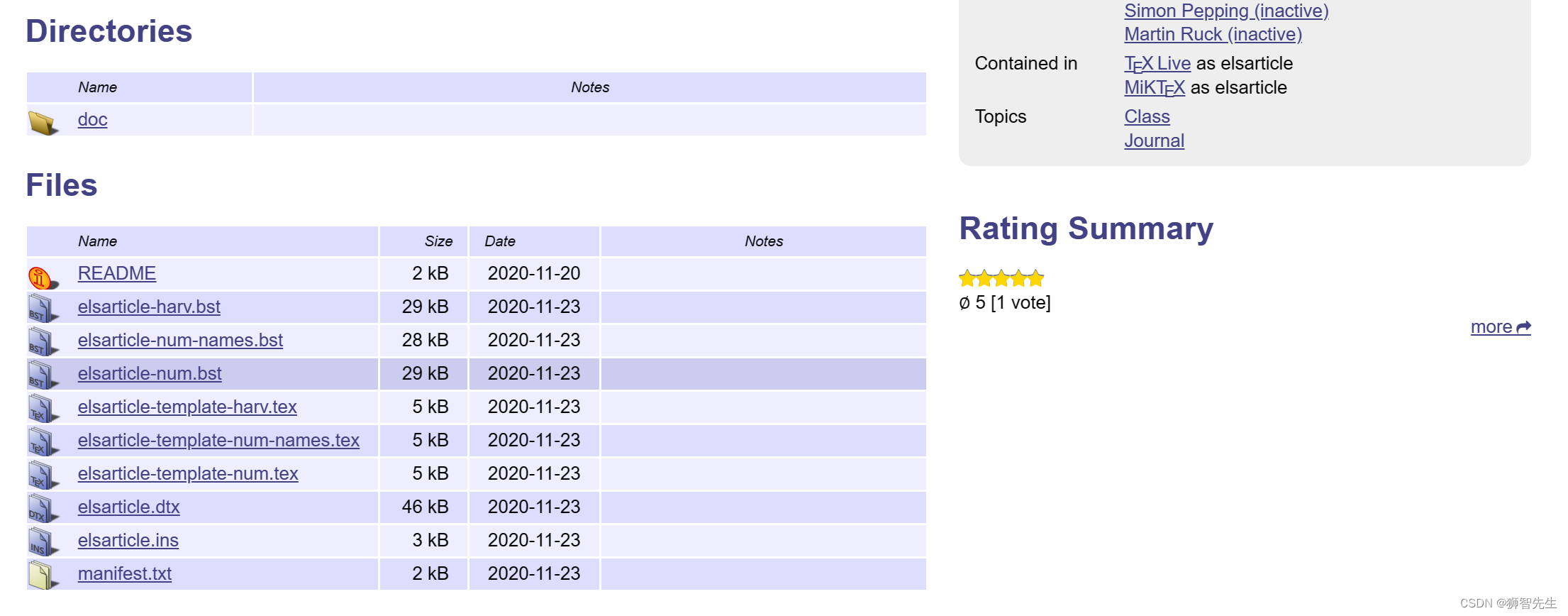C语言进阶课程学习记录-第23课 - #error 和 #line 使用分析
- 实验-#errer的使用
- 演示cmd窗口
- 实验-缺少#error
- 实验-#line 1的使用
- 实验-#line 1用于标记代码
- 小结
本文学习自狄泰软件学院 唐佐林老师的 C语言进阶课程,图片全部来源于课程PPT,仅用于个人学习记录


实验-#errer的使用
//23-1.c
#include <stdio.h>#ifndef __cplusplus#error This file should be processed with C++ compiler.
#endifclass CppClass
{
private:int m_value;
public:CppClass(){}~CppClass(){}
};int main()
{return 0;
}
//23-1X.c
#include <stdio.h>
//#ifndef __cplusplus// #error This file should be processed with C++ compiler.
//#endifclass CppClass
{
private:int m_value;
public:CppClass(){}~CppClass(){}
};int main()
{return 0;
}
演示cmd窗口
D:\Users\cy\Cxuexi\gccLearn\23>gcc 23-1X.c
23-1X.c:7:1: error: unknown type name 'class'class CppClass^~~~~
23-1X.c:8:1: error: expected '=', ',', ';', 'asm' or '__attribute__' before '{' token{^D:\Users\cy\Cxuexi\gccLearn\23>g++ 23-1X.cD:\Users\cy\Cxuexi\gccLearn\23>gcc 23-1.c
23-1.c:4:6: error: #error This file should be processed with C++ compiler.#error This file should be processed with C++ compiler.^~~~~
23-1.c:7:1: error: unknown type name 'class'class CppClass^~~~~
23-1.c:8:1: error: expected '=', ',', ';', 'asm' or '__attribute__' before '{' token{^
实验-缺少#error
#include <stdio.h>void f()
{
#if ( PRODUCT == 1 )printf("This is a low level product!\n");
#elif ( PRODUCT == 2 )printf("This is a middle level product!\n");
#elif ( PRODUCT == 3 )printf("This is a high level product!\n");
#endif
}int main()
{f();printf("1. Query Information.\n");printf("2. Record Information.\n");printf("3. Delete Information.\n");#if ( PRODUCT == 1 )printf("4. Exit.\n");
#elif ( PRODUCT == 2 )printf("4. High Level Query.\n");printf("5. Exit.\n");
#elif ( PRODUCT == 3 )printf("4. High Level Query.\n");printf("5. Mannul Service.\n");printf("6. Exit.\n");
#endifreturn 0;
}
/*output:
1. Query Information.
2. Record Information.
3. Delete Information.
*/

实验-#line 1的使用
#include <stdio.h>int main()
{printf("%s : %d\n", __FILE__, __LINE__);//文件名 所在行号//129#line 1 "delphi_tang.c"//重新定义行号:下一行为1 文件名"delphi_tang.c"printf("%s : %d\n", __FILE__, __LINE__);//文件名 所在行号return 0;
}/*output:
D:\Users\cy\Test\test1.c : 129
delphi_tang.c : 2
*/
实验-#line 1用于标记代码
#line 1用于标记代码编写人和行号(便于Debug),代码示例:
#include <stdio.h>// The code section is written by A.
// Begin
#line 1 "a.c"// End// The code section is written by B.
// Begin
#line 1 "b.c"// End// The code section is written by Delphi.
// Begin
#line 1 "delphi_tang.c"int main()
{printf("%s : %d\n", __FILE__, __LINE__);printf("%s : %d\n", __FILE__, __LINE__);return 0;
}// End
/*output:
delphi_tang.c : 5
delphi_tang.c : 7
*/
小结
#error用于自定义一条编译错误信息
#warning用于自定义一条编译警告信息
#error和#warning常应用于条件编译的情形
#line用于强制指定新的行号和编译文件名











